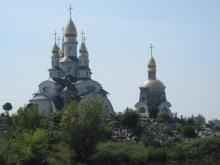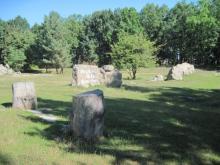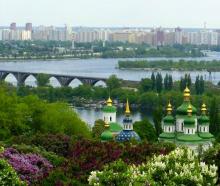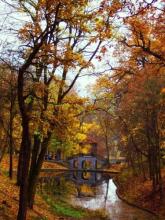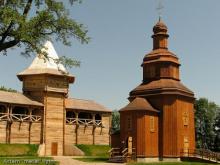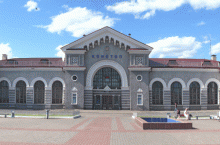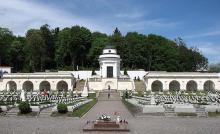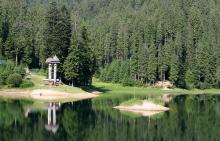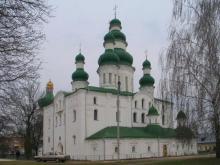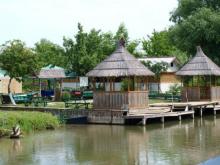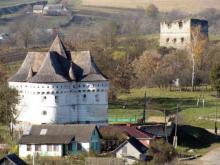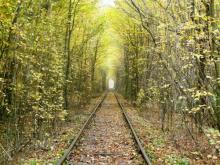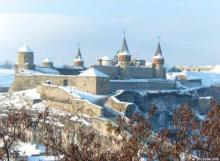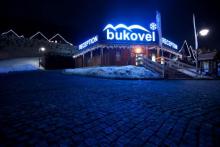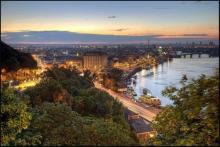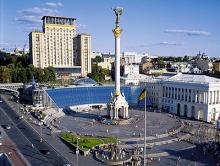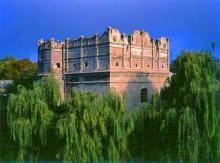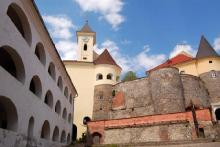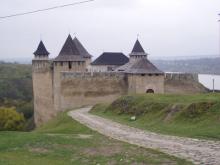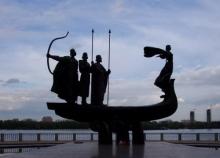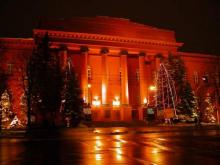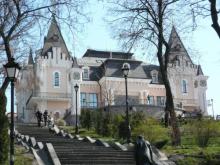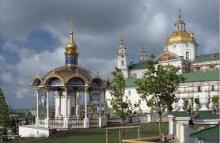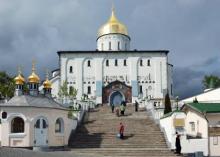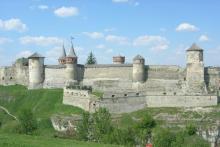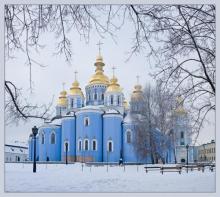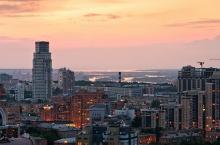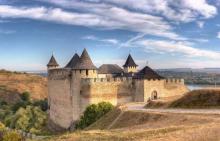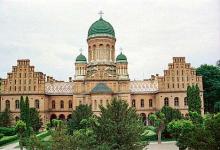Uzhgorod
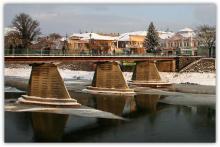
Uzhgorod is the oldest Slavic city, first settled in these parts was founded in the 9th century, when modern Uzhhorod became a protected early feudal fortress. In 903, the Hungarian army led Ardapom, captured the city, defeated the army of the legendary Prince Labortsa Uzhgorod. Also, there is a hypothesis that the name "Hungary" is derived from the Hungarian name, Uzhgorod - Ungvar.
Under the influence of Kievan Rus', and later the Kingdom of Hungary - the city continued to actively expand its borders, but in 1241 the entire area of the town was burned by the Tartar troops.
In the 14th century, the city has provided long-term resistance of the Hungarian king Charles Robert, and in 1318, began a 360-year reign Druget in Uzhgorod, which were designed by the Hungarian King.
Since 1430, Uzhgorod was recognized, as well as a number of benefits from the "crown", Philip Druget built a unique castle, which has been preserved to this day. In the 16-17 centuries, the city was the scene of the confrontation of religious trends: Catholicism, Orthodoxy, and Protestantism, but at the same time in Uzhgorod was rapidly developing economic situation of the city.
In 1707, the city of Uzhgorod became a private residence Feretsa II Rákóczi, the leader of the national liberation war of the people of Hungary, it is in Uzhgorod castle governor led his important meeting with the ambassadors of the great Louis 14, and Peter the Great.
In the 19th century, about two thousand local residents supported the Hungarian revolution, this time in actively developing infrastructure - a huge number of plants, among which mainly consisted of woodworking enterprises, and in 1872 officially opened a railway (Uzhgorod - Chop ).
The First World War had very negative impact on the city, especially on the economy, resulting in the 20's the idea was proposed - to move the administrative center, in Mukachevo. But September 10, 1919, according to Saint-Zhenmerskogo contract - with Zakarpattia Uzhhorod placed at the disposal of the Czechoslovak Republic as the administrative center. First military arbitration took a decision that in 1938 the town passed to horstistskoy Hungary, which introduced during the Second World War, a harsh regime of wartime.
In 1944, the Soviet tank column liberated Uzhgorod, the German and Hungarian troops. Since then the city has known this prosperity built new buildings and old buildings were rebuilt, and in 1945 was the grand opening of the first state university.
In 1945, according to the agreement with Czechoslovakia Transcarpathian Ukraine was a part of the USSR.
During the years of the Soviet system, Uzhhorod became the center of culture and science, as well as many individual industries.


